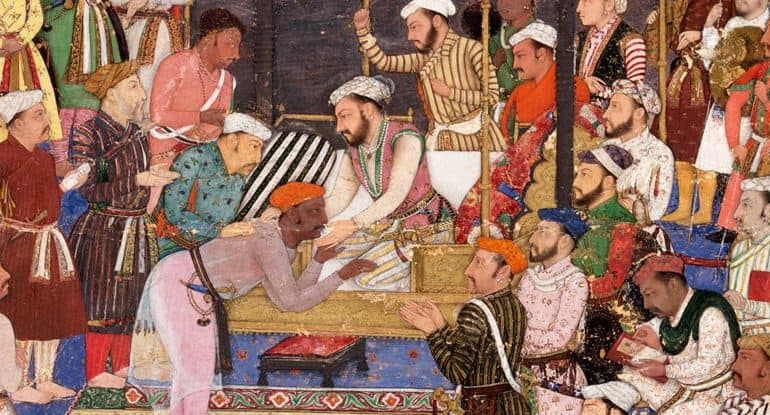The recent decision by the Maharashtra State Education Board to exclude Mughal history for classes VII and IX and focus on the Marathas and Shivaji has brought to fore various discourses on the way education shapes the young minds.
While attending one of my History classes this semester, my professor gave me the examples of the ‘education agenda’ being propagated by the Arya Samaj and the Christian Missionaries during the Indian National Movement. This was done for the ‘upliftment’ of Indian women (which is again debatable) – how both of them gave their own versions of ‘an ideal woman,’ remaining centric to the idea of how to evolve women into ‘good wives and good mothers.’ But, there was a slight difference in their respective definitions of the ideal woman; the Arya Samaj focussed on the formation of an ‘ideal Hindu woman’ and the missionaries were keen on transforming the Indian women into the ideal ‘Victorian woman’ model. So, through their ways of teaching mechanisms and syllabi, both of them promulgated their own ideologies. This also sheds light on the very recent changes happening across the country – be it the renaming of the iconic Mughalsarai railway station near Varanasi as Deen Dayal Upadhyaya, Akbar Road as Maharana Pratap Singh Road in New Delhi, or the placement of a tank at the Jawaharlal Nehru University (JNU).
Renaming iconic places, changing names of roads, and forcing cultural nationalism in educational institutions – all this points to a basic fact of how minds can be ‘hegemonised’ tacitly, and the best way to achieve this is to tamper with the school syllabus. The textbooks of classes VII and IX will now no longer include descriptions about the Taj Mahal, Qutub Minar, or the Red Fort built by the Mughals in India; there will be no mention of the Rupaiya that was first introduced by Afghan traders or the first woman to rule Delhi – Razia Sultan – along with the summarisation of Akbar’s rule being concentrated in three lines in the revised textbooks. The books have detailed ilk on the Bofors scam, Emergency period, struggles of Maratha rulers with Aurangzeb, and the portrayal of the medieval Indian history as being dominated by the Hindu Samrajya, which is broadly a skewed version.
Dr. Sadanand More, chairman of the History subject committee of the Maharashtra State Bureau of Textbook Production and Curriculum Research, justified the revision by saying it was relevant for students in Maharashtra. He says, ”The Central Boards have very little mention of our state Maharashtra, so what’s wrong in that?” Some people have validated a very substantive argument that Mughal history is not medieval history in India, and North Indian Mughal history overshadows the Ahom Kings of Assam, the Gonds of Garha Katanga, Deccani paintings and muraqqas in Bijapur (present day- Karnataka), Zamorin or the Hindu ruler of Calicut (Kozhikodhe), the Sangam literature, Bhakti, and Vaishnavite movements, etc. Lessening of Mughal history in school textbooks is maybe a better idea rather than its complete omission to make the students aware of the rest of the subcontinental heritage.
Speaking to my professors and friends from the History department of DU, finally, this brings us to a major thought-provoking question that I asked in the beginning – if you delete history from books, do you really think that you can alter the minds of the people? Of course, the Mughal history remains as relevant in books as in memoirs, archives, museums, architecture and most importantly, people’s memories. The agenda probes a question regarding the way along which we want to lead the young minds – through a tapered ideological strand of thought or a broad-minded, wholesome, and neutral education?
Feature Image Credits: Google
Oorja Tapan

